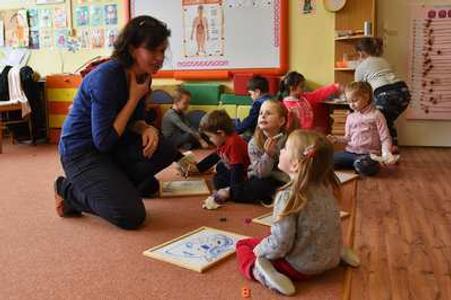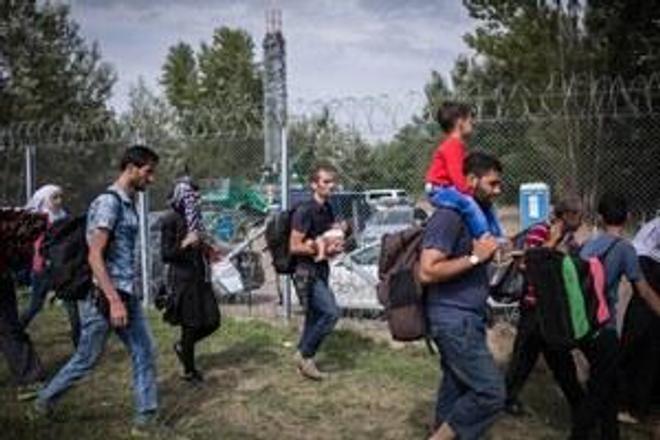Only 19,000 migrants from Greece and Italy have been distributed among individual EU-member countries in line with the voluntary quota scheme. This represents a mere 12 percent of a total of 160,000.
Thus, the results of the project due to end in September can only be described as disastrous, said Slovak Interior Minister Robert Kaliňák at a meeting of the Visegrad Group (V4) interior ministers in Warsaw on June 12.
The interior ministers of the V4 (the Czech Republic, Hungary, Poland and Slovakia) concurred that the scheme has been a failure, the TASR newswire reported.
“It would be unreasonable for the European Commission to punish the V4 countries for the failure of the voluntary quota project,” Kaliňák said, as quoted by TASR. “It would be a punishment for having an opinion.”
The V4 interior ministers agreed that only ‘functional’ solutions such as safeguarding the outer Schengen border and sending police officers to areas under migration pressure can address the crisis effectively.
The European Commission and some state leaders have recently increased pressure on countries that have not accepted the number of migrants prescribed by the voluntary quotas, TASR reported.

The Mediterranean route still appears to be the most problematic, as 60,000 migrants from Bangladesh, Guinea, Ivory Coast, Mali, Morocco, Nigeria, Pakistan and Senegal have reached Italy via this route during this year alone, the Slovak Interior Ministry noted. Some of these countries are not involved in any direct military conflicts.
Before the voluntary quota scheme was adopted, Slovakia decided to accept 100 people for relocation and another 100 people for resettlement. Only 16 people have actually come for relocation – five mothers and 11 children.
Of this group, one mother left for Austria with her three children shortly after coming to Slovakia. They are currently being dealt with under the Dublin Process and should be returned to Slovakia, TASR reported.
Moreover, as part of resettlement, Slovakia took in 149 Christians from Iraq, but more than half of them have already returned to their home country, citing homesickness as the reason, according to the Slovak Interior Ministry.


 Illustrative stock photo (source: Sme)
Illustrative stock photo (source: Sme)